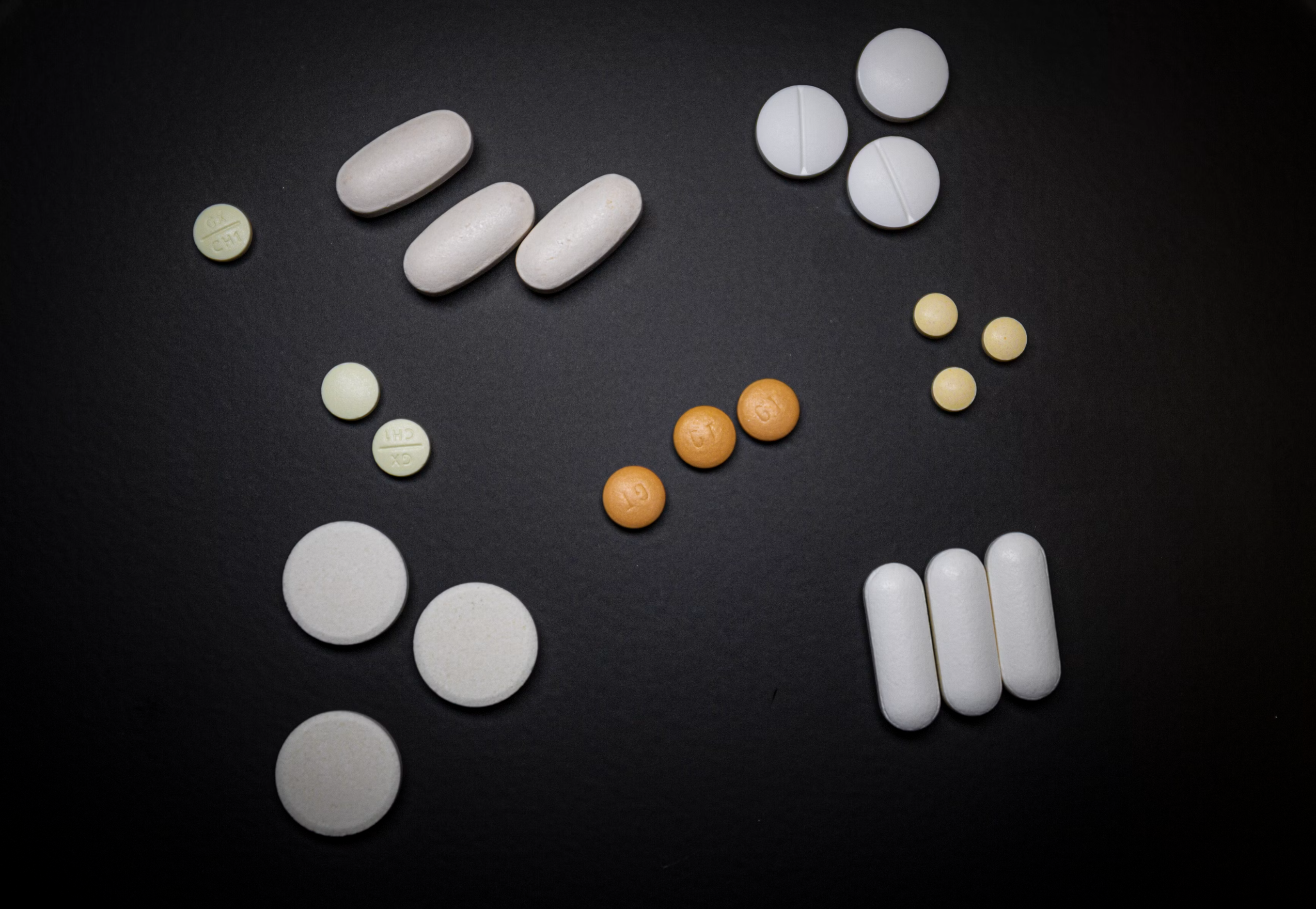As physicians, we often encounter patients who express skepticism towards modern medicine. This attitude, while frustrating, has deep historical and sociological roots that are important to understand. Simultaneously, we must recognize the tremendous potential of judicious medication use to improve outcomes and enhance quality of life.
The Historical Context of Medical Skepticism
Medical skepticism has a long and complex history dating back centuries. In the 19th century, as medicine became more technically oriented, there was a shift away from social consciousness in healthcare. This led to a disconnect between medical practice and the broader social determinants of health, such as poverty and poor living conditions.
The roots of modern medical skepticism can be traced back to the mid-20th century. Concerns emerged about the shift from deviance to illness in understanding various conditions, and social movements encouraged collectivist outlooks while medicine increasingly focused on individual lifestyle choices.
The Undeniable Benefits of Modern Medicine
Despite these valid concerns, it’s crucial to recognize the life-saving potential of many medications. The number needed to treat (NNT) is a valuable metric for understanding medication efficacy. It represents the number of patients who need to be treated to prevent one additional bad outcome. A lower NNT indicates greater effectiveness.
- Insulin: NNT of 14-19 for preventing serious, symptomatic high blood sugar
- Buprenorphine: NNT of 2 for saving lives in opioid use disorder
- Osimertinib: Improved 5-year overall survival rates from 73% to 85% in early-stage, EGFR-mutated non-small cell lung cancer
- Infliximab and Abatacept: Substantially improved clinical status and reduced deaths in hospitalized COVID-19 patients
- Metformin: Shown to potentially increase lifespan in animal studies and reduce all-cause mortality in diabetic patients
- Rapamycin: Demonstrated life-extending properties in various animal models and is being studied for its potential anti-aging effects in humans
- Acarbose: Found to extend lifespan in male mice and is being investigated for its potential longevity benefits
- Aspirin: Low-dose aspirin has shown potential in reducing the risk of cardiovascular events and certain cancers
- Statins: Beyond their cholesterol-lowering effects, statins have demonstrated potential in reducing all-cause mortality
- ACE inhibitors: These blood pressure medications have shown benefits in reducing cardiovascular events and mortality
- Beta-blockers: Used for various cardiovascular conditions, they have demonstrated mortality benefits in certain patient populations
- Antiretroviral therapy: Has dramatically increased life expectancy for individuals with HIV
- Immunotherapy drugs: Revolutionized cancer treatment, significantly extending survival for many patients
- GLP-1 receptor agonists: Originally developed for diabetes, these drugs have shown promise in weight management and potential cardiovascular benefits
The Sociological Perspective
The pushback against prescription medicines reflects broader societal trends, including increasing distrust of institutions and experts, the rise of alternative medicine, growing awareness of healthcare disparities, and concerns about pharmaceutical industry influence.
Judicious Use of Medicines: A Balanced Approach
As physicians, our goal should be to strike a balance between acknowledging these concerns and promoting the judicious use of medicines when appropriate. This includes recognizing social determinants of health, prioritizing patient education, considering non-pharmacological interventions, being transparent about potential conflicts of interest, and advocating for affordable access to medications.
The End Game: Living Long, Healthy Lives
Our ultimate goal as physicians is to help our patients live long, healthy lives. While medications alone won’t achieve this, judicious use of medicines can play a crucial role. For example, a combination of lifestyle modifications and appropriate medication use can significantly reduce the risk of cardiovascular disease and manage conditions like diabetes, preventing serious complications and extending life expectancy.
It’s important to note that physicians are not incentivized to prescribe medications. Our primary motivation is to promote the health and well-being of our patients. We base our prescribing decisions on evidence-based guidelines, clinical experience, and individual patient factors. However, it’s crucial to acknowledge that some practitioners may promote non-evidence-based practices, which can be dangerous and undermine trust in the medical profession. These practices can lead to ineffective treatments, unnecessary side effects, and delays in receiving appropriate care.
Conclusion
As we navigate the complex landscape of modern medicine, it’s crucial to acknowledge the historical and sociological factors that contribute to patient skepticism. At the same time, we must confidently advocate for the judicious use of medicines when they can truly enhance outcomes and quality of life.
By combining empathy, education, and evidence-based practice, we can work towards a future where patients trust in the power of modern medicine while also recognizing the importance of holistic, patient-centered care. Our shared goal is not just to treat diseases, but to help our patients live longer, healthier, and more fulfilling lives.
N.b. Citations are available upon request.

Leave a Reply